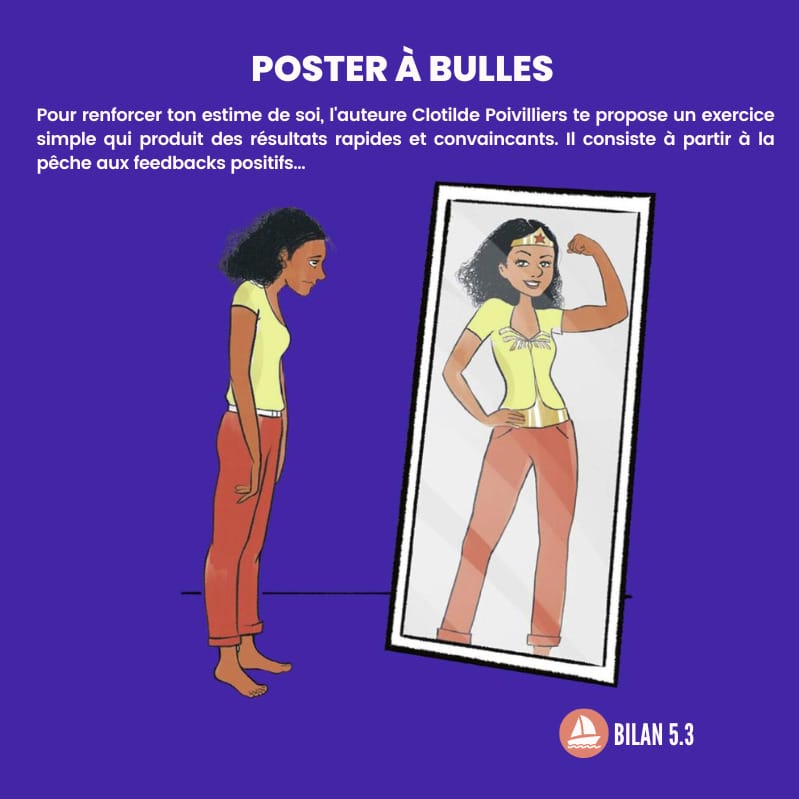
With fuel prices constantly breaking records, each trip to the pump is more painful for your budget. Fortunately, there are a few fairly simple tricks to reduce the appetite of your car without having to change it.
When will the rise in gasoline and diesel prices finally stop? For now, no one knows. Even if the government is preparing new measures to deal with this situation, it is useless to hope for miracles. too expensive, the track of a reduction in taxes, which represent nearly 60% of the price of a liter of fuel, has always been ruled out by the Minister of the Economy Bruno Le Maire. Especially at a time when France is trying to reduce its dependence on fossil fuels. We should therefore rather expect a more targeted gesture, like the €100 inflation check announced last October. But if you need to use your car regularly, there are also a few ways to reduce your fuel budget without waiting for a hypothetical action from the political powers.
Adapt your driving

The best “tool” for reducing fuel consumption is between the seat back and the steering wheel! Eco-driving training may help you, but respecting a few fairly simple principles will already have a real impact. Accelerate moderately and anticipate as much as possible, keeping a distance from other traffic and favoring engine braking rather than late braking. Your potential passengers will thank you too. On long journeys, try to adopt a pace as stable as possible, using cruise control if necessary if your model is equipped with it. If your car has a manual gearbox, do not wait for the red zone to shift gears, but also avoid under-speeds, during which your engine gives the impression of grazing. Although it varies from vehicle to vehicle, the ideal is to stay between 2,000 and 2,500 rpm.
Monitor your tire pressure

When you buy a tire today, it has a label indicating, among other things, its rolling resistance, which affects fuel consumption. But rather than changing gums in good condition just for that, it is better to monitor your pressures regularly. Tires under-inflated by 0.5 bar can indeed result in an increased appetite of 10%. The correct pressure is normally always indicated somewhere on your vehicle, most often on the metal part of the driver’s door or on the flap of the fuel door.
Perform regular maintenance

Draining, changing the various filters, spark plugs, adjusting your engine… If you care about your car, you’re probably already giving it the maintenance it deserves. This is essential to hope to make it last as long as possible. But it can also prevent her from starting to over-consume. Be careful, in the case of a diesel fitted with a particulate filter, it will tend to clog if you drive mainly in town. With, as a result, in addition to reliability problems, an increased appetite. To avoid this phenomenon, you will therefore have to plan journeys on the national or motorway almost every month, driving for ten to twenty minutes at around 3,000 rpm, in order to regenerate the filter.
Do not abuse the air conditioning

Regularly running your air conditioning, even in winter, is essential to ensure its lifespan. It can also be useful at this time to demist the passenger compartment. That doesn’t mean you have to leave it on all the time though. Once it has done its job, do not hesitate to cut it: it generates significant overconsumption, especially if your vehicle is not very young.
Remove unnecessary equipment
With the enthusiasm for SUVs and other rugged models like the Dacia Sandero Stepway, roof racks are all the rage. But by degrading the aerodynamics, they contribute to making your car more greedy. So, if your model allows it, do not hesitate to remove them. Limit even more the use of roof boxes, whose wind resistance is much greater. Finally, don’t leave too much stuff in your cabin if you don’t really need to. Weight is another enemy of low consumption.
















